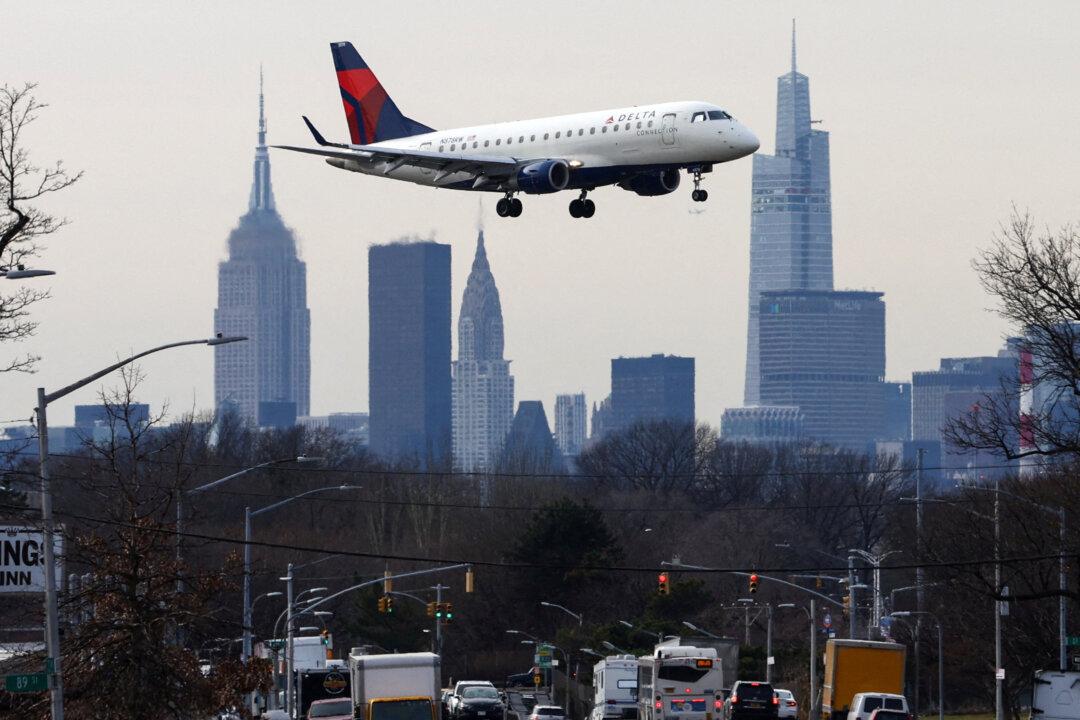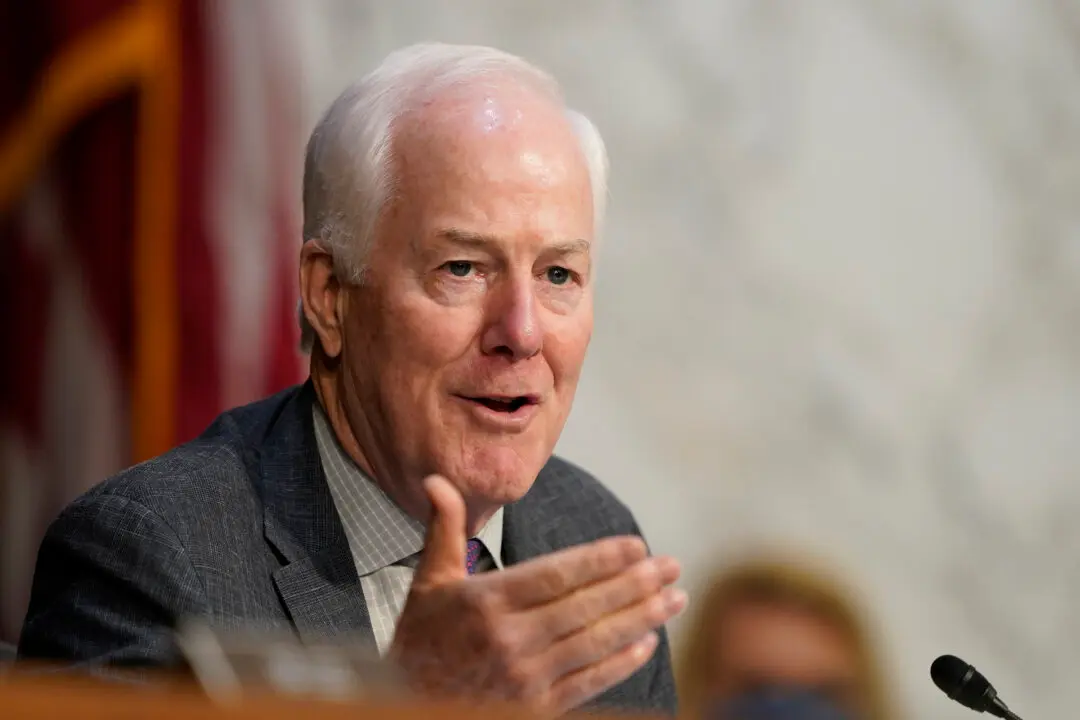Amid talk of the “safest decade” for American air travel, a Wisconsin congressman scorched the Federal Aviation Administration (FAA) for shortcomings in its computer security.
Derrick Van Orden (R-Wis.) said his staff ferreted out facts about the system’s vulnerability while probing the Jan. 11 FAA computer outage that grounded flights nationwide, causing 11,000 flight disruptions.





